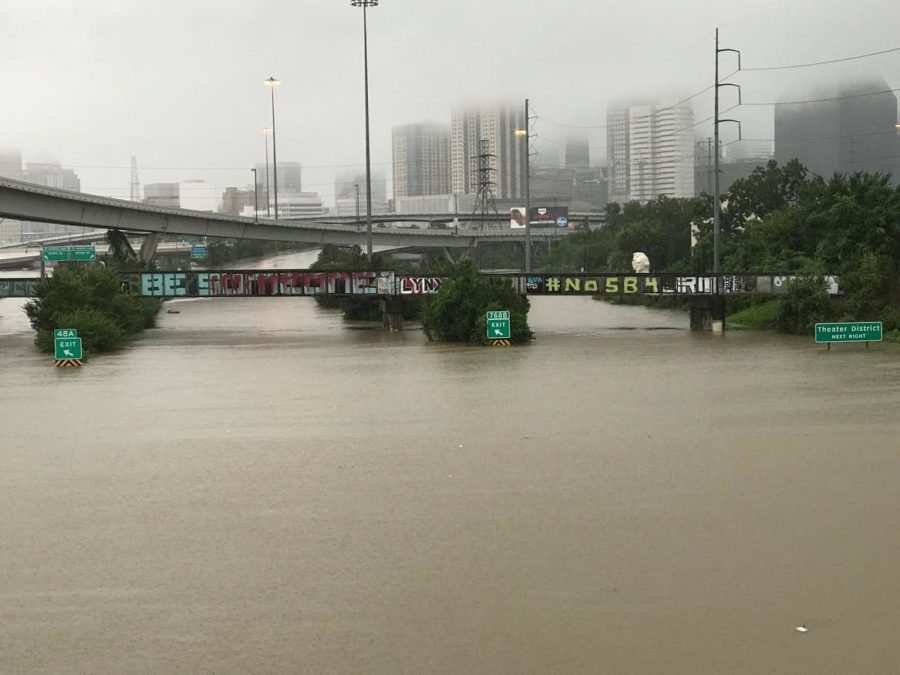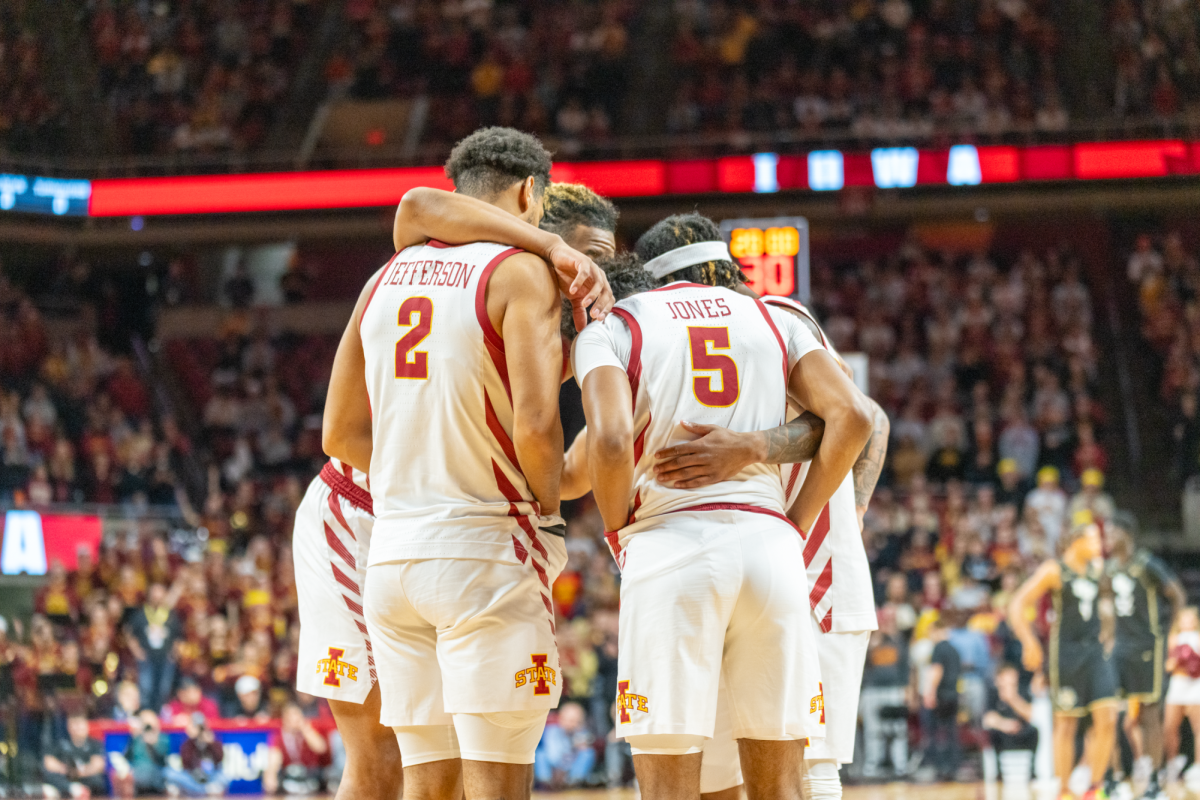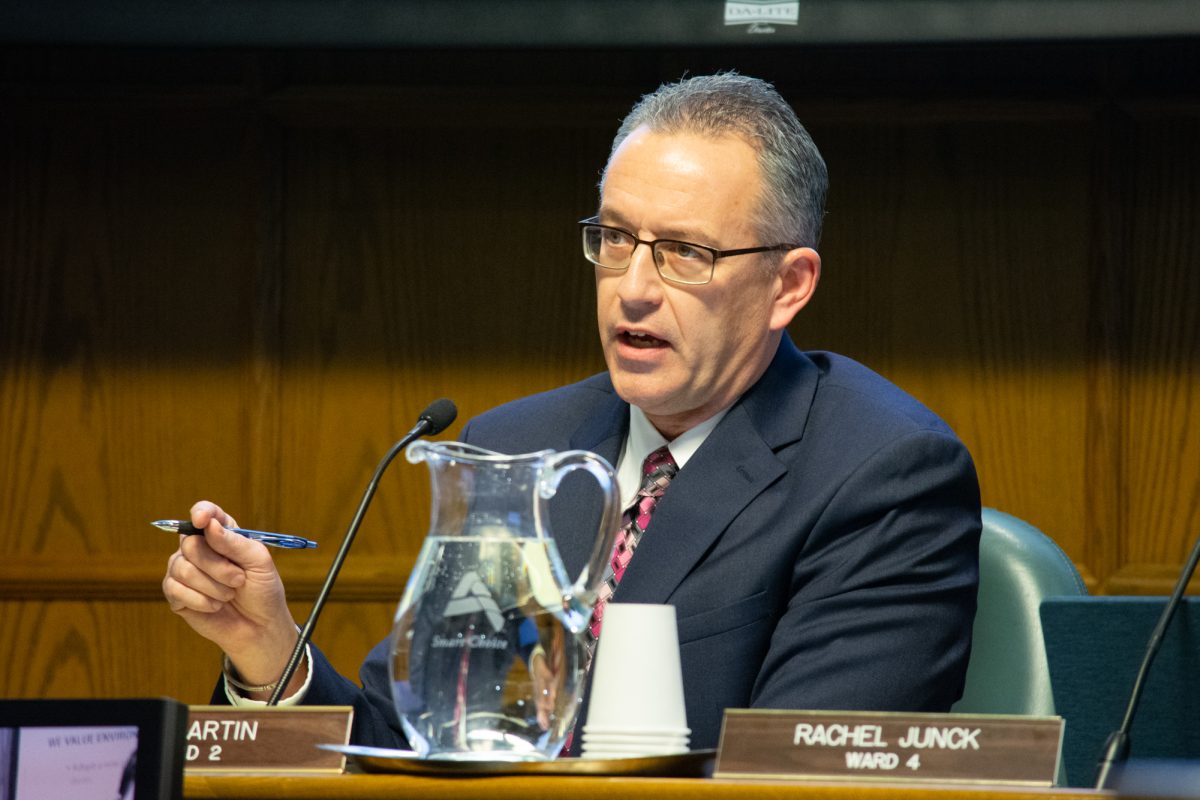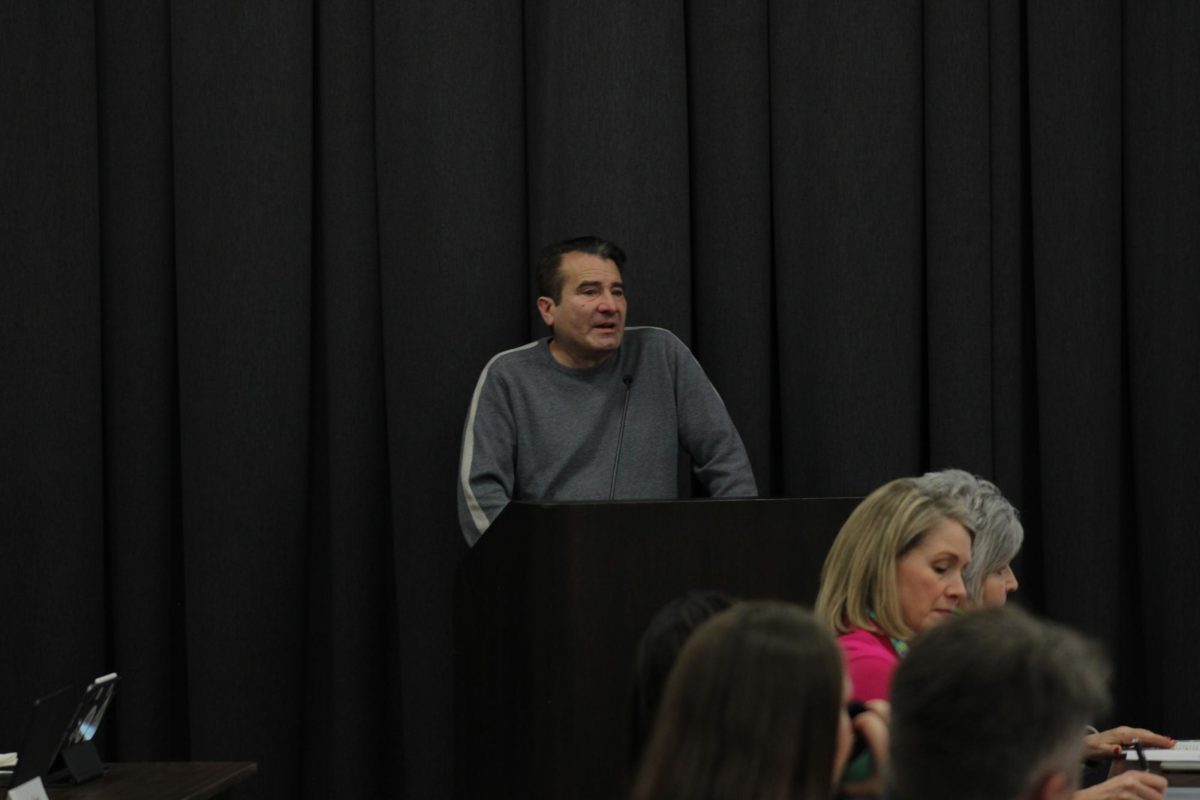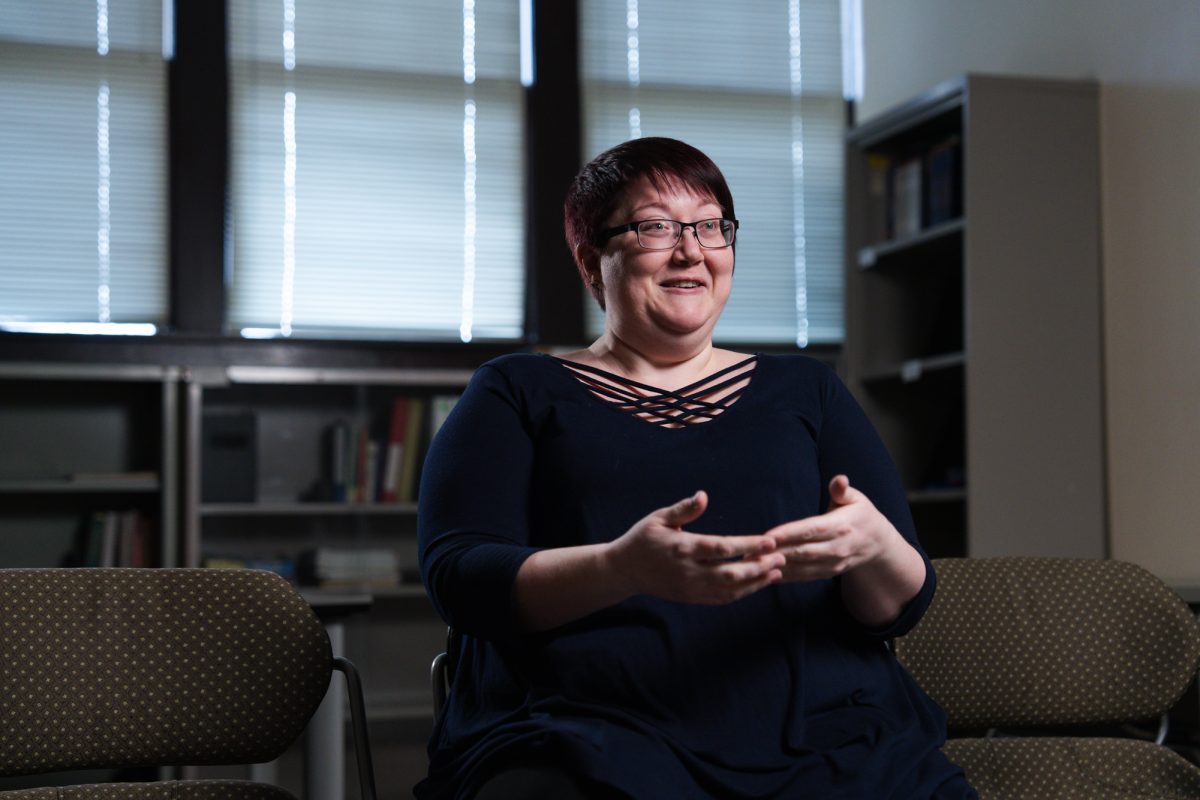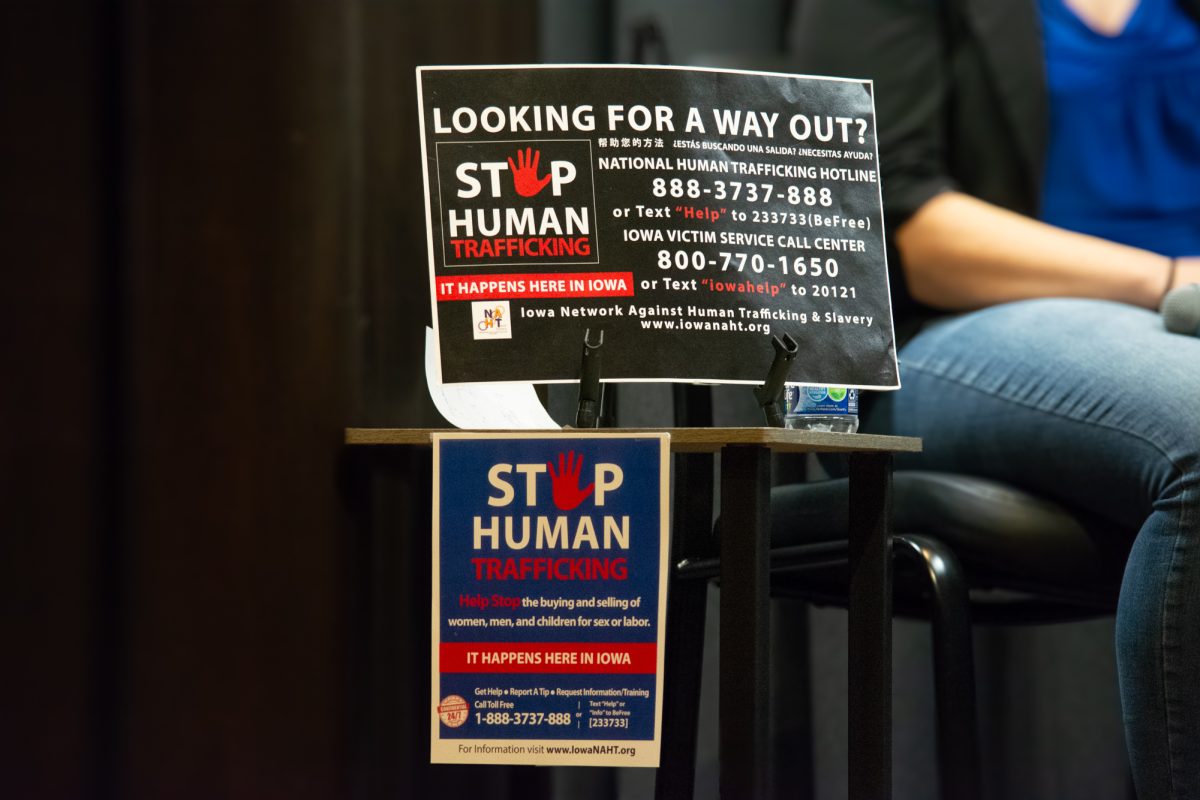Salo: The climate is changing
September 11, 2017
Aug. 25 – Hurricane Harvey: the first major hurricane to hit the U.S. since Hurricane Wilma in 2005 and the first hurricane to hit southern Texas since 1970. Harvey is also the second most expensive natural disaster in U.S. history.
Sept. 6 – Western wildfires: 65 wildfires were ablaze in the West, including the La Tuna fire which has set the record for the largest wildfire within Los Angeles city limits, burning around 7,200 acres.
Sept. 7 – Mexico earthquake: the strongest earthquake to hit Mexico in a century with a magnitude of 8.2, killing at least 61 people has also set off a tsunami warning.
Sept. 10 – Hurricane Irma: the most powerful Atlantic hurricane on record hit Florida with 130 mph winds, killing at least 26 people and continuing to move North towards Alabama.
Sept. 11 – Hurricane Jose: yet another hurricane in the Atlantic has reached Category 2 and is possibly en route to hit the East Coast.
“What is going on?” Is a question that I know I have been asking myself and many have been asking as well this last month. What is causing all of these disasters? Is this it? Is the world ending?
The answer might be a little less dramatic and slightly less terrifying than the end of time: climate change.
Whether you believe that global warming is the result of human industrialization or just the planet naturally getting warmer on it’s own, there is scientific evidence that Earth’s climate is changing. And now this warming is attributing to more and more natural disasters.
The Los Angeles Times reported on some ways that researchers found climate change is affecting natural disasters:
Higher temperatures mean higher sea levels and a higher risk of storm surges or “the dangerously high floods caused by a storm pushing water onshore.” These high temperatures also increase the amount of moisture the atmosphere can hold and then release as rain which causes majorly destructive flooding during hurricanes.
And as far as the fires, the higher temperatures create a drier ground which causes droughts that can easily spark. Once the fire is going, it easily moves through the dry air, scorching everything in its path.
Before you jump into the comments to attack me for believing in climate change, look around you and at the news. Between 2000 and 2009, there were three times as many natural disasters than from 1980-89. The environment is changing and it’s not going to stop changing because we don’t believe in it.
So, whether you believe in global warming or not, it won’t hurt for all of us to work on reducing our carbon footprint and do whatever we can to try to save our planet before it’s too late.


